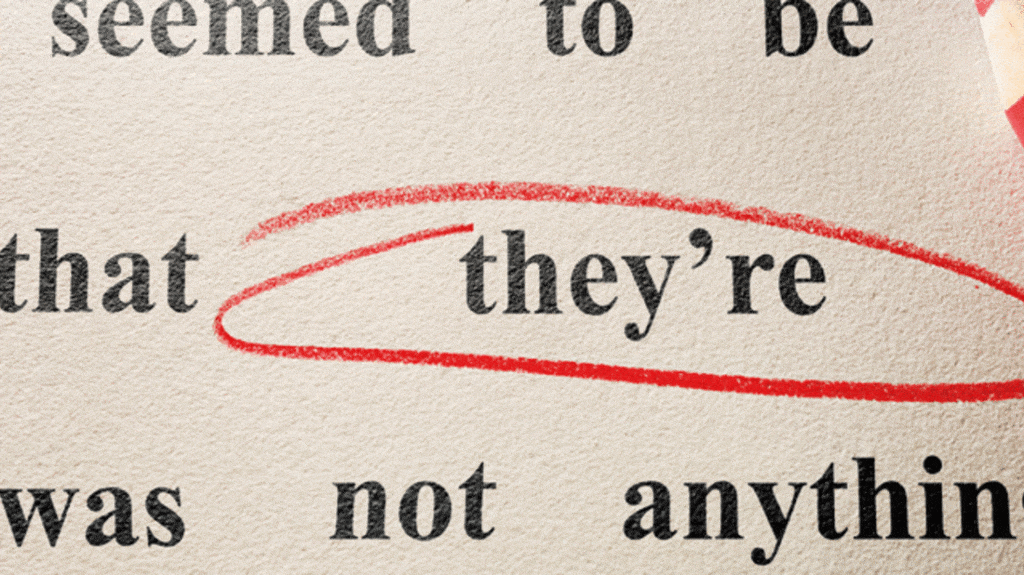Tell me if this sounds familiar. You’ve been perfecting your paper, article, or email all night long. You made sure every word fits the topic nicely, you’ve removed all the redundant elements, fine-tuned your argument, and you are ready to stun everyone with your paper because you think it’s a personal masterpiece. You do some proofreading and then you eagerly hit send or submit.
The next day, you don’t hear the anticipated applause and colorful comments about your piece of writing. All you see are the glaring misspellings and typos that people repeatedly pointed out. You are an esteemed English major, but still, you spelled people and first wrong (I mean poeple and frist, come on!). Then you think you’re stupid and you wish you could sink in a hole and just die. Well, don’t! That happens to just about everyone.
The reason those typos have gone under your radar is not because you’re stupid, it’s because you’re smart. I am not saying this to make you feel good about your typos, but because there is interesting science behind why we usually don’t catch our own typos when we proofread our works.
I know firsthand that typos suck! They undermine your intent, and they shove your resume down the ‘pass’ line. But you have to know that you are showing intelligence when you go in rounds of editing and go past your typos. Don’t take it from me. Take it from the psychologist Tom Stafford, who studies typos at the University of Sheffield in the UK. Tom says that “when you’re writing, you’re trying to convey meaning. It’s a very high-level task.”
Building meaning is a demanding task that requires a lot of attention. The brain drifts your attention from simple and general tasks such as combining letters to form words, to the higher and complex task of combining and arranging sentences to form complex ideas, a process that is known as generalization. “We don’t catch every detail, we’re not like computers or NSA databases,” said Stafford. “Rather, we take in sensory information and combine it with what we expect, and we extract meaning.”
But why do we easily spot other people’s typos? I’m glad you asked. When we’re reading other peoples’ works, that helps us arrive at meaning faster by using less brainpower. That is, we have brainpower left over to focus on other trivial tasks such as paying attention to how words are spelled. This doesn’t happen when we proofread our own texts because what we see on the screen is competing with the version that already exists in our heads. This consumes the entire brainpower that you have nothing left to focus on the trivial task of how to spell words.
It’s like a roadmap. When you are frequenting a road so much you get blinded to the details around you and you focus entirely on your destination. We can become blind to details because our brain is operating on instinct. By the time you proofread your own work, your brain already knows the destination. But when others are proofreading your work, it’s a different story. Their brains are on this journey for the first time, so they are paying more attention to the details along the way and not anticipating the final destination.








“… and they shove your resume down the ‘pass’ line. ”
I once got a resumé from a recent high school graduate. It contained 128 words, 24 of which were misspelled or misused. That guy was NOT going to get involved with my technical manuals!
I cut off the personal contact information and sent the remainder to the chair of the English department at his former high school, along with a note. I never heard back.
To avoid typos, I read my texts backwards… if they are not too long.